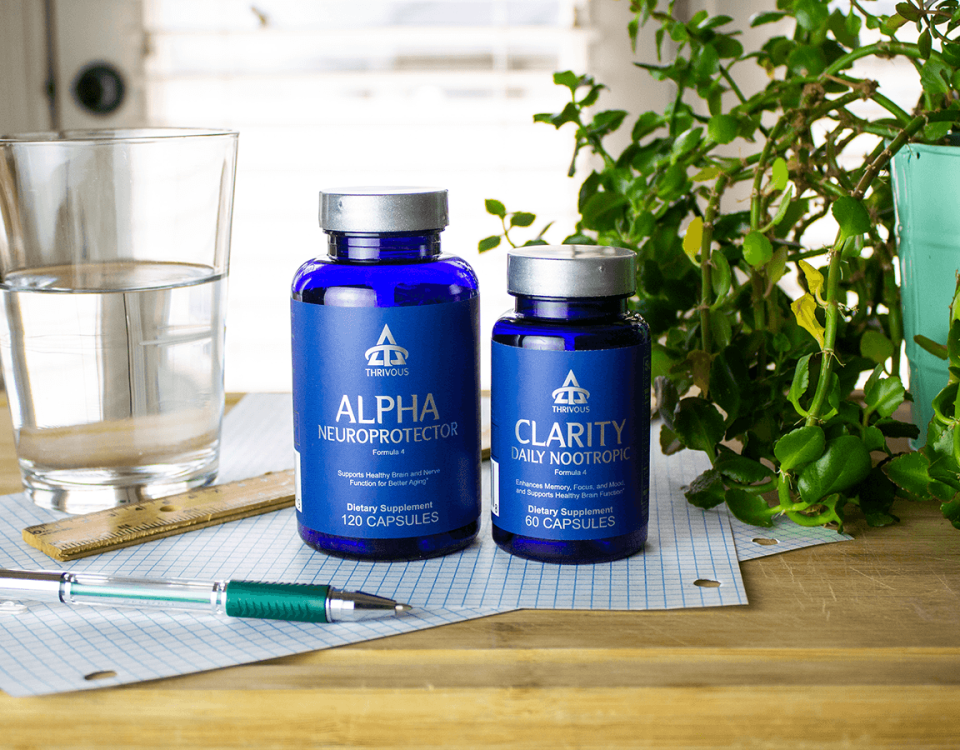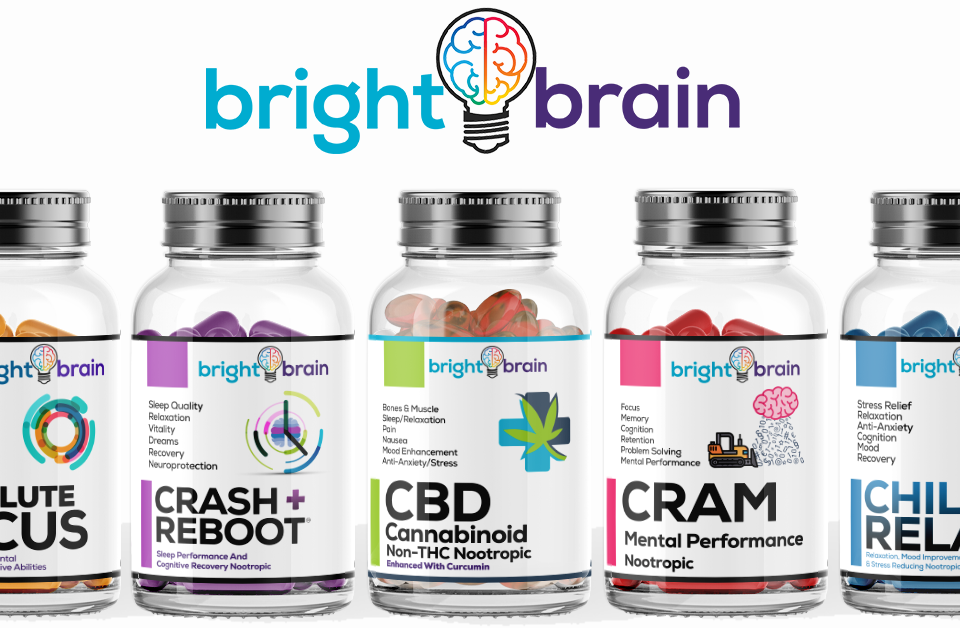Nootropics CoQ10 & Ubiquinol
Coenzyme Q10 (CoQ10) and ubiquinol are related compounds that play crucial roles in cellular energy production and antioxidant defense. While they are not traditionally classified as nootropics, some individuals consider them for their potential cognitive and overall health benefits. Here are some key aspects and potential benefits associated with CoQ10 and ubiquinol:
-
Mitochondrial Function and Energy Production:
- CoQ10 is a vital component of the electron transport chain in mitochondria, where it plays a key role in the production of adenosine triphosphate (ATP), the primary energy currency of cells. Maintaining optimal mitochondrial function is essential for overall cellular energy production, including in the brain.
-
Antioxidant Properties:
- CoQ10 and its reduced form, ubiquinol, act as antioxidants, helping to neutralize free radicals and reduce oxidative stress in cells. Oxidative stress is implicated in various health issues, including neurodegenerative conditions, so antioxidant support may contribute to cognitive health.
-
Blood Flow and Cardiovascular Health:
- CoQ10 has been studied for its potential benefits in improving blood flow and supporting cardiovascular health. Adequate blood flow to the brain is crucial for optimal cognitive function.
-
Neuroprotective Effects:
- Some research suggests that CoQ10 may have neuroprotective effects, potentially helping to protect neurons from oxidative damage and inflammation. This could be relevant for maintaining cognitive function and preventing age-related cognitive decline.
-
Potential Cognitive Benefits:
- While more research is needed, some studies and anecdotal reports suggest that CoQ10 supplementation may have cognitive benefits, including improvements in memory and attention.
-
Age-Related Cognitive Decline:
- CoQ10 has been investigated for its potential role in mitigating age-related cognitive decline. Aging is associated with a decline in CoQ10 levels, and supplementation may help address this decline.
-
Ubiquinol vs. CoQ10:
- Ubiquinol is the reduced, active form of CoQ10. Some individuals prefer ubiquinol supplements because it is more readily absorbed by the body, especially for individuals with challenges in converting CoQ10 to its active form. Both forms, CoQ10 and ubiquinol, can be beneficial.
-
Mood and Well-Being:
- While research is ongoing, some studies suggest that CoQ10 may have positive effects on mood and overall well-being. The mechanisms behind these effects are not fully understood but may involve mitochondrial and neuroprotective functions.
It's important to note that individual responses to CoQ10 and ubiquinol can vary. As with any supplement, it's advisable to consult with a healthcare professional before incorporating them into your routine, especially if you have pre-existing medical conditions or are taking medications. Additionally, obtaining nutrients from a balanced diet that includes sources of CoQ10, such as oily fish, organ meats, and nuts, is also recommended.






